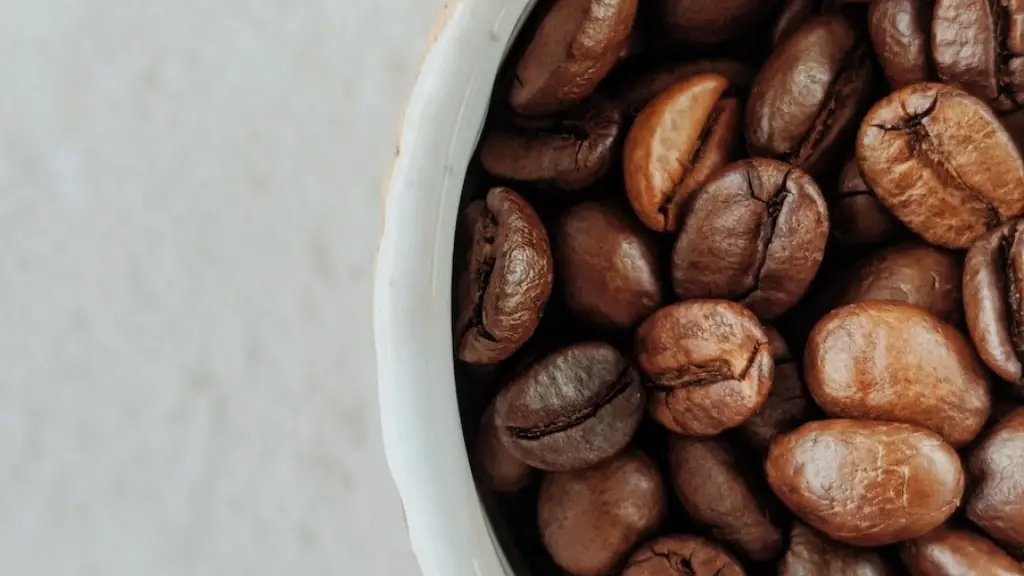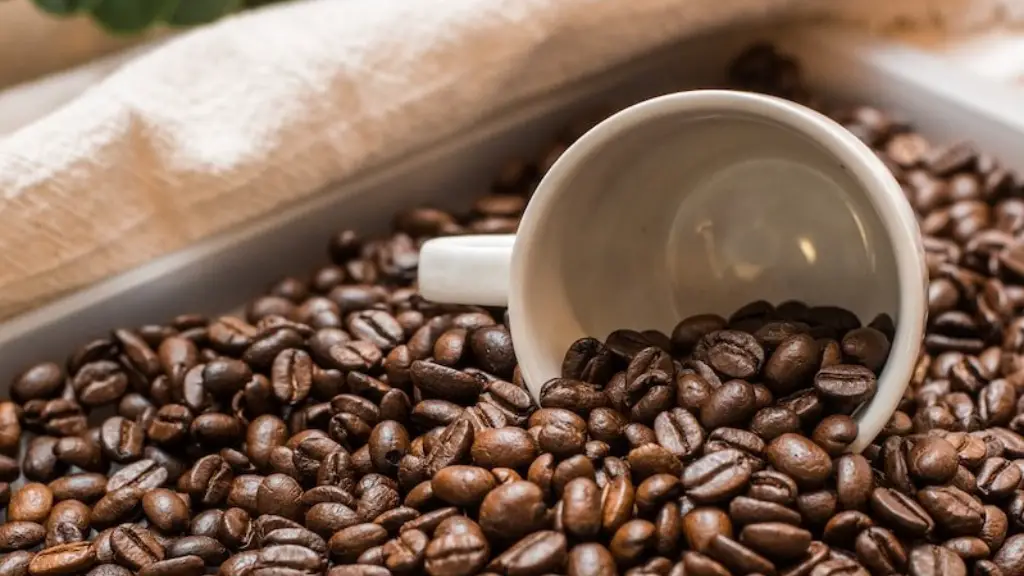Fasting has been around for centuries, but with the popularization of modern dieting strategies it has been thrust more into the mainstream, with restricted eating becoming popular as a way to promote general health and wellness. One of the newer trends – the ketogenic diet – has particular attention paid to it, and one of the big questions associated with this diet is whether or not the use of keto coffee can break a fast. This article is intended to take a deeper dive into the topic of fasting and beverages.
Whilst coffee in general has its own benefits like increased alertness, lower risk of disease and increased metabolic functioning, there are also considerations when it comes to fasting. The practical answer to the question of whether or not coffee can break a fast is best understood in context.
There are three main schools of thought when it comes to fasting and coffee: one is that anything consumed, even coffee, will break your fasts; the second is that anything consumed containing calories can power a state of ketosis – irrespective of the type of beverage; and the third is that low-calorie/zero calorie beverages do not impact your fasts.
Experts suggest that any beverage with a net caloric intake of 0 per day – like zero calorie keto coffees that use sugar free sweeteners – should not disrupt fasts. However, for those following a more inflexible fasting regimen, it is important to consider the other nutritional components like electrolytes, minerals, or micronutrients that can be found in even the most natural version of coffee. Such nutritionally dense beverages should be avoided during fasts as they contain ‘invisible’ calories that can add up to break the fasted state.
It is also important to note that the body’s reaction to certain beverages containing caffeine is often individualistic. Those looking to lose weight may find that the effects of coffee can blunt their hunger, making it harder for them to follow their meal plans. However, depending on the timing of consumption, some individuals may find that coffee can enhance the speed in which they reach ketosis.
Keto Coffee Benefits
Ketogenic dieters swear by the so-called ‘bulletproof coffee’ – a mixture of coffee, MCT oil and butter, sometimes in combination with artificial sweeteners. Such coffee has purported fat burning and health benefits. MCT oil and other types of healthy fats can kick-start the metabolic process and can help you stay in a state of ketosis. The kick of caffeine has also been said to promote weight loss in some people, helping with energy levels and satiety.
MCT oils are also known to boost cognitive performance and promote ketone production. This is because MCTs convert into energy much quicker than other sources of fat, helping to produce ketone bodies at a faster rate, and this energy can help you stay in ketosis for longer.
Keto coffee has become popular among the gluten-free and dairy-free crowd, as it tastes more enticing than a guzzled teaspoon of MCT oil. Care must still be taken to ensure that the coffee is as calorie-free as possible – coconut based MCT oils are the best and most natural choice, as they are lower in calories.
Impact on Fasting
Keto coffee generally has little to no impact on the fasted state, as long as it is taken with no other calorie-containing ingredients or added sugar. Generally speaking, black coffee is the most calorie-free option and should be taken without sweeteners like honey or other artificial sweeteners.
In terms of timing, it is recommended to wait until you are 6-8 hours into your fast before drinking keto coffee. The caffeine from the coffee is known to stimulate the body’s energy, and this may prevent the desired effects of fasting as well as potentially interfere with the body’s natural healing and repair processes.
It is also important to ensure that the amount of caffeine consumed is kept low, as too much can cause blood sugar levels to spike. Consuming the coffee in moderation is essential, as too much can disrupt the natural rhythm of hunger and put pressure on your body to process all the caffeine too quickly.
Conclusion
In conclusion, it is important to understand the potential effects of keto coffee on one’s fast. If taken correctly and in moderation, keto coffees can help enhance the benefits of fasting without disrupting the state. However, it is important to bear in mind that the effects of caffeine can be individualistic, so it is important to take measures (like spacing out the intake) if needed to make sure it won’t interfere with the desired effects of fasting.
Food Intake and Fasting
Understanding the effects of food and calories on fasting is essential in order to get the most from a fasted state. While there are some foods that can be eaten during a fast, and which do not disrupt the fasted state, it is also important to be aware of those that can.
Sugary food and drinks (including natural sweeteners) should be avoided, as they can provide an influx of calories that can kick you out of a fasted state. Also, any food or drink containing artificial additives are best avoided, as these can often contain hidden sugars or ingredients that can trigger cravings.
When it comes to food, it is best to opt for foods that are low in carbohydrates, as these will provide slow-released energy throughout the day while keeping you in a fasted state. Also, it is important to opt for healthy fats like avocado, nuts and nut butter. Healthy fats can provide a steady stream of energy while keeping your balance of ketones in check.
Benefits of Fasting
Fasting has a multitude of therapeutic benefits, both on a physical and mental level. Physically, fasting can help to increase energy and alertness levels, whilst helping to regulate blood sugar levels. In addition, studies have also found that fasting can aid in weight loss, as it induces a state of increased metabolic activity.
Mentally, fasting can help to regulate emotions and create a sense of clarity. Fasting has been found to reduce stress, irritability and negative thoughts, whilst allowing individuals to access a more relaxed state of being. Additionally, fasting has been found to increase motivation, creativity and focus.
Myths and Misconceptions
There are a number of myths associated with fasting. Common misconceptions include the belief that fasting can cause undue physical strain and that it can starve the body of essential nutrients essential for health. However, these beliefs are unfounded and heavily exaggerated – fasting does not cause bodily harm.
Fasting is a practice that should be undertaken carefully, with regular eating habits resumed once it is complete. It is important to note that short-term fasting does not mean a crash diet – good nutrition and a balanced eating plan must still be observed. Drinking keto coffees can help to maintain alertness and energy levels during a fast, but care must be taken to ensure that calories are still kept low.
Health Implications
It is important to acknowledge that fasting has potential implications for health. As pointed out earlier, it is imperative to always adhere to a healthy balanced diet, even during periods of fasting. Additionally, individuals with pre-existing health conditions should consult with a doctor before starting a fast, as it can sometimes be contraindicated.
It is also important to be aware of potential water intoxication due to excessive hydration during a fast. Excessive water intake can dilute electrolytes, leading to interference with normal bodily functions. Additionally, it is important to note that fasting does not necessarily guarantee weight loss, as weight gain is still possible.
Controversy and Debate
There is much debate surrounding fasting, with some for, and some against its practises. On the one hand, many recognise its potential health benefits, whilst others are sceptical. Additionally, there is also controversy around fasting, as there is no consensus on the best approach to fasting or what constitutes it.
Other discussions around fasting include potential ethical and moral implications, as long periods of fasting may involve neglecting or reversing spiritual or traditional norms. Furthermore, debates also arise around its cult-like status in some circles, with some suggesting fasting to be unhealthy, an exaggeration of health benefits, or simply a fad.
Final Thoughts
In conclusion, it is important to understand the role of beverages during fasting, and the potential implications of keto coffee. Whilst keto coffees can help to enhance benefits of fasting, it is important to take note of the nutritional implications and potential impacts of caffeine, and to discern when and how to take them in order to maintain a state of ketosis and fasting.





